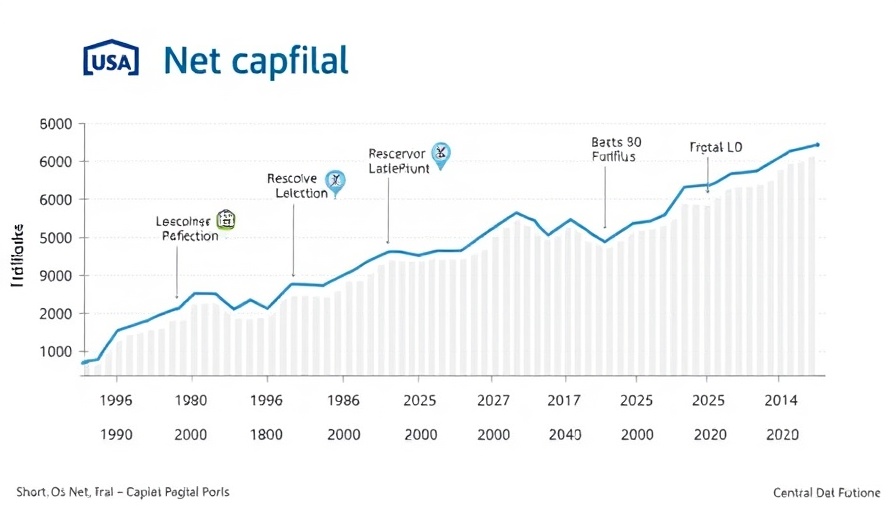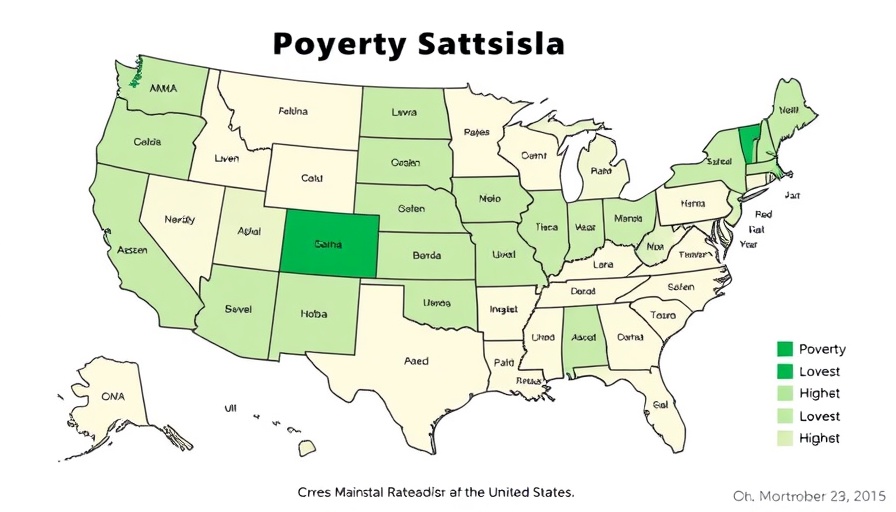
Exploring the Unique Career of Kate Moore: A Multifaceted Leader
In an ever-evolving financial landscape, Kate Moore, the Chief Investment Officer at Citi Wealth, stands out not only for her impressive resume but also for her unique interdisciplinary background. Moore's career trajectory—from Morgan Stanley to BlackRock and beyond—speaks volumes about the importance of versatility in high finance.
From Political Economy to Investment
Moore’s academic journey began with a Bachelor’s degree in Political and Social Thought from the University of Virginia, followed by a Master’s in Political Economy from the University of Chicago. This foundation in social sciences complements her investment philosophies, proving that a diverse educational background can often yield richer insights into market dynamics. As Moore herself stated, “the intersection of policy and economics has been critical in understanding emerging markets like China.” This unique perspective is pivotal for a role that requires weighing global events against investment strategies.
What’s Next for Wealth Management?
As the architect of investment strategies for a firm that oversees over a trillion dollars, Moore is at the forefront of not just wealth management but also of shaping new investment trends. In today’s market, which is increasingly influenced by geopolitical factors and social consciousness, her interdisciplinary approach may set a new standard. It raises the question—how will professionals in finance adapt as the market evolves? Kate Moore’s career is a testament to the value of adaptability and a broad perspective in navigating complex economic landscapes.
A Call to Broaden Your Horizons
The trajectory of leaders like Kate Moore encourages us to look beyond traditional paths and consider how a diverse skill set can provide a competitive edge. For those in Philadelphia aiming for the upper echelons of finance or other fields, Moore's experience reveals the significance of interdisciplinary knowledge. As the financial world continues to change, aspiring leaders should embrace subjects outside their immediate expertise—whether it be politics, economics, or even the arts— to enhance their understanding and opportunity in their professions.
 Add Row
Add Row  Add
Add 




Write A Comment